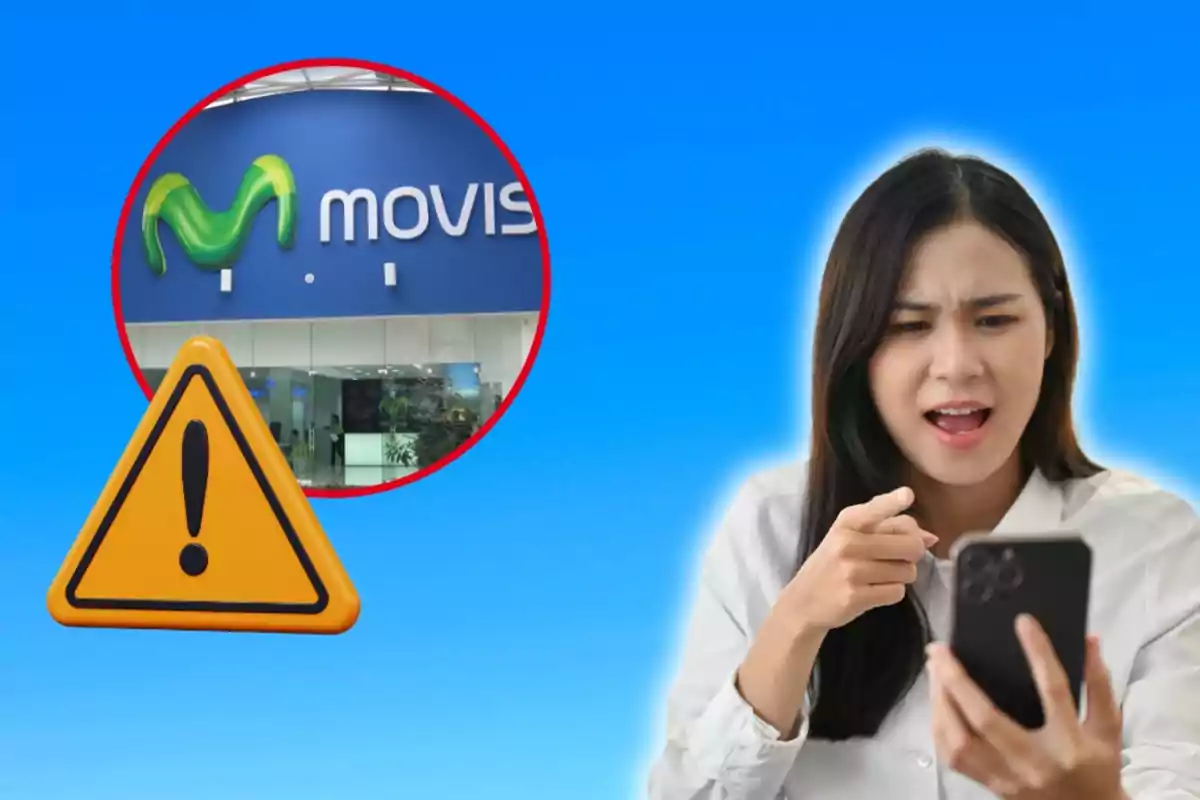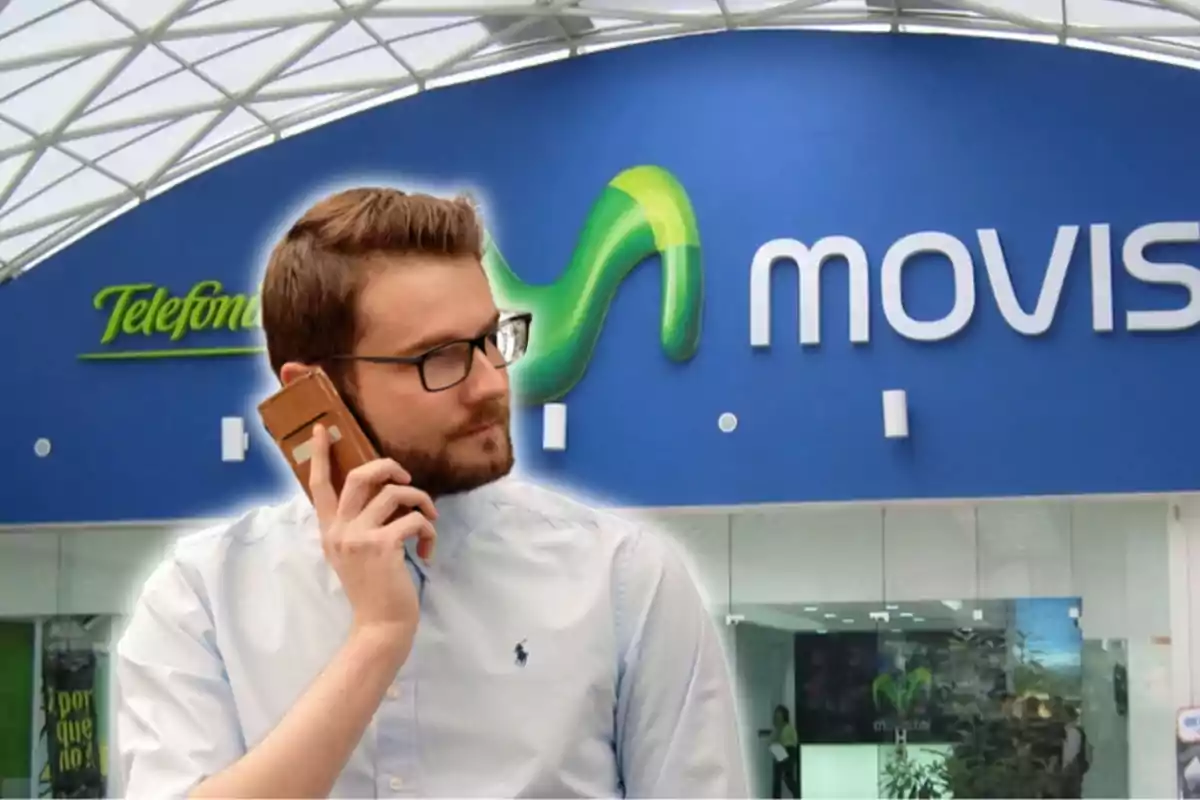
Movistar Confirms What Was an Open Secret: These Calls Don't Hide Anything Good
A user reports a warning call from someone pretending to be Movistar when he isn't even a customer
Movistar has recently reacted to a complaint from a user who shared a disturbing experience on her social media. It is related to a suspicious call. The incident has caught the attention of many, as the situation poses a danger to which many people could be exposed without being aware.
This person reported on X that she had received a call from an unknown number, specifically 697633410, which seemed quite strange to her. The call began with an automated message, in which a "South American accent" was perceived. In the message, the call was identified as coming from a "Movistar virtual assistant."
This is especially relevant since the user is not a customer of the company, which already raised suspicions. The message warned her about the possible presence of a malicious program installed on her device and claimed that the call was an "alert." Although the message sounded alarming, the user decided not to pay much attention to it, hanging up the call without interacting.

Movistar distances itself from these calls
However, after sharing her experience on social media, the situation caught the attention of Movistar, which quickly issued a reply. The operator confirmed that this type of call is not a common practice and that it is an attempt at fraud or identity theft.
It detailed that, in this case, the call contained all the typical elements of a fraud attempt. Especially because it was presented as an official communication from the company without the recipient being a customer. This type of scam is known as phishing, in which criminals seek to obtain personal information or access to devices for malicious purposes.
Movistar, upon learning of the incident, committed to reviewing the case and alerted users about the proliferation of this type of fraud. The company clarified that, at no time, do its employees or systems contact customers through automated calls. Much less to warn them about malicious programs or any type of alert on their devices.

Another technique to deceive users
This type of identity theft is more common than it seems. Cybercriminals use increasingly sophisticated techniques to deceive users. They make them believe they are receiving legitimate communications from companies like Movistar.
The objectives of these calls can vary, but they generally seek to have the victim provide sensitive data. Whether passwords, bank card numbers, or even remote access to the device.
For this reason, Movistar has insisted that no call or message requesting personal information should be trusted without proper verification. Additionally, the operator recommended that, in case of receiving a suspicious call, users should hang up immediately.
More posts: